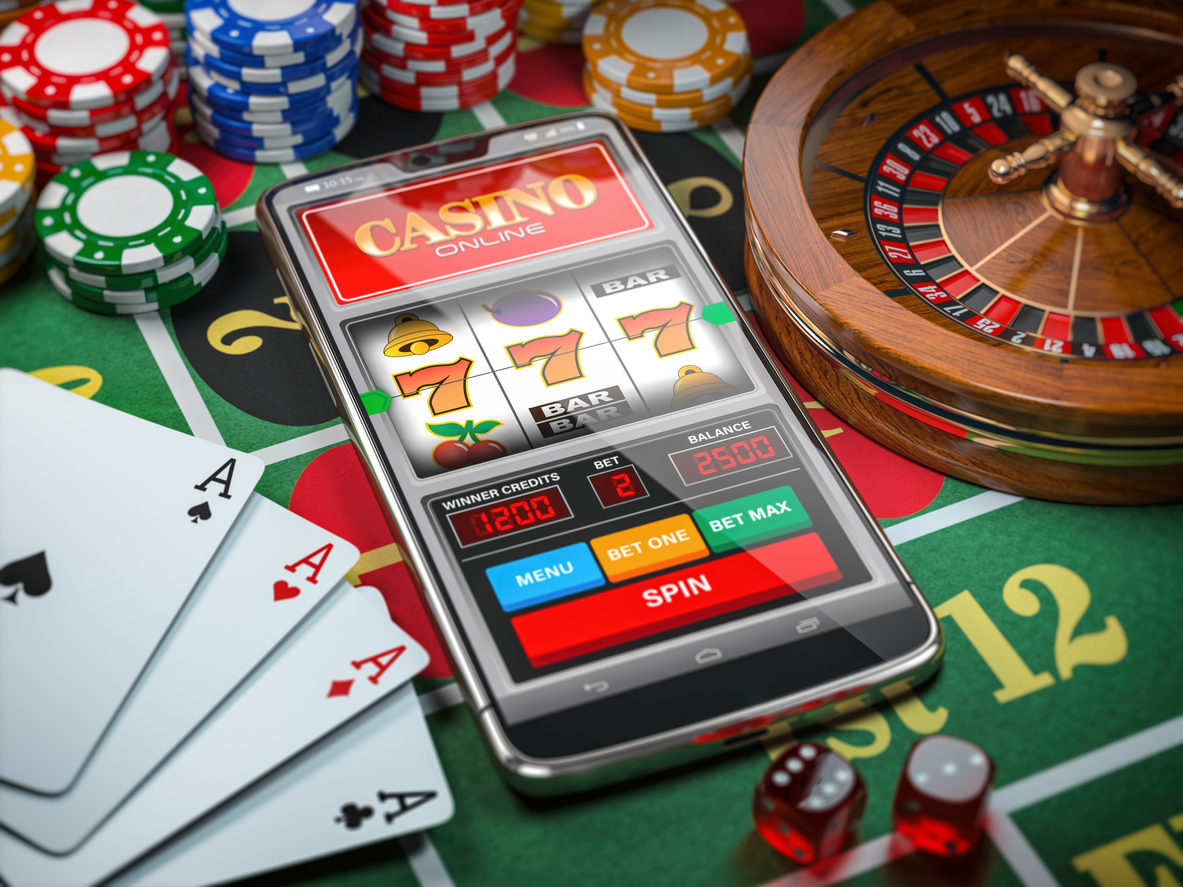
Casino games have been a well of amusement and thrill for numerous players around the globe. One of the main factors that make these games engaging is the variety of cards employed in different kinds of games. Grasping the different kinds of cards can enhance your gaming experience and refine your gameplay approaches. FB88 Whether you are drawn to classic card games like Texas Hold’em and 21 or modern casino games, each game depends on a distinct set of cards that influences the regulations and the rhythm of play.
In casino environments, cards come in several styles, each tailored to meet the requirements of specific games. From regular decks to specialized card variations, the diversity plays crucial role in molding the mechanics of each game. By familiarizing yourself with these cards and their applications, you can achieve more profound insights into the games and make more informed decisions at the table. This knowledge not only enhances your gaming experience but also contributes to a more sophisticated approach to your odds of success.
Types of Playing Cards
When discussing casino games, the type of playing cards used can significantly impact the flow of the game and strategy. The most frequent deck is the standard 52-card deck, which consists of four suits: hearts, diamonds. FB88 Each suit contains thirteen ranks, from Ace to King. This standard deck is essential in many games, such as blackjack, where gamblers aim to create the best hand possible or get as close to 21 as they can.
Some casino games utilize special decks specifically designed for those games. For instance, the popular game of baccarat often uses various decks shuffled together, typically 6 or 8. This not only increases the complexity of the game but also impacts wagering strategies, as participants must consider the increased number of cards in play. Additionally, certain games may introduce jokers or wildcards, providing further variety and excitement to the gambling experience.
In niche games, custom decks may come into play. For instance, in games like bridge or pinochle, players might use unique rules with varied card values or functions. These changes keep the gameplay fresh and allow for varied strategies to appear. Understanding the various types of playing cards and their specific uses in different casino games is key to improving one’s gambling experience and improving overall results at the tables.
Card Modifications in Gambling Games
In gambling games, the type of deck used can significantly impact both the gameplay and the tactics used by participants. Most traditional playing card games, such as blackjack and poker, typically utilize a standard 52-card pack. However, modifications do exist where extra jokers or even several packs are utilized. For example, in 21, some gaming establishments may use one to eight decks, which can change the probabilities and the fundamental tactics needed to compete optimally. Participants must be cognizant of the deck composition, as it influences the casino advantage.
Another frequent variation in casino card games is the utilization of themed or custom decks. For instance, some five-card draw games might use a deck that features unique images or patterns, which can enhance the atmosphere at the gaming table. These specialized decks often function to differentiate between different game formats or loyalty initiatives within the casino. While the traditional rules of the activity remain the same, the aesthetics can affect player engagement and enjoyment.
Finally, the mixing techniques used with different types of decks can also impact gameplay. Gaming establishments often make use of automatic shufflers that can effectively shuffle multiple decks efficiently, making card counting more challenging. The rate and manner of shuffling can differ widely based on the game and the gaming establishment’s policies. Understanding these card variations is important for any player seeking to enhance their game strategy and overall satisfaction in gaming activities.
Significance of Cards Values
In gambling games, the value of each card plays a crucial role in influencing the result of different activities. Various games assign unique values to playing cards, shaping tactics and gamer choices. For case, in blackjack, cards ranging two through ten are rated at their nominal value, while face cards hold a worth of ten, and the Ace can be valued as one or eleven. Comprehending these values allows players to make knowledgeable decisions during play, boosting their chances of success.
Likewise, in the game of poker, the significance of card worths extends to hand and hand values. High worth cards can form more powerful hands, such as pairs, straights, or flushes, which are essential for success in the game. Players must assess not only their personal hand but also possible combinations their opponents might hold. This strategic complexity adds excitement and challenge, making playing card values a key element in the appeal of poker attraction.
Additionally, the cognitive aspect of playing card values cannot be dismissed. Gamers may use the awareness of card values to deceive or trick their opponents. By grasping how a card’s worth can affect the game’s mechanics, players can more effectively navigate risks and rewards, creating a exciting atmosphere in casino activities. Whether competing for entertainment or for actual cash, awareness of playing card values significantly affects the overall playing encounter.